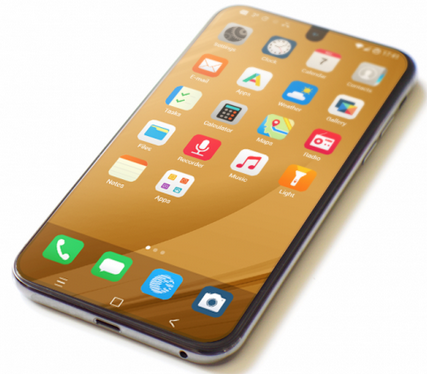I don’t speak for /e/ Foundation, but a couple of points…
/e/ has been very public about negating tracking in the OS and how it is accomplished: /e/ product description - a pro-privacy Android ROM and online services
I think any privacy compromises depend more directly, and obviously, on whether or not you yourself install any spying applications (Chrome, Whatsapp, Facebook, Instagram, etc.) or allow the use of telemetry in apps. Using a tracker blocker can reveal background tracking and allow you to block it.
Do mobile browsers have the ability to read your SIM card information? Short answer: no, but the concept of device fingerprinting still applies. Check out this brief discussion: privacy - If I connect to a website using a cellular network, and change the sim card and connect again with the same phone, will they find its the same phone? - Information Security Stack Exchange
Your SIM card itself doesn’t store any history of your activity. It simply contains the information needed to connect you to the carrier’s network. It can also be used to store your contacts if you choose to do so.
The carrier that issues a SIM card to you will be able to identify your unique device, associate it with any personal particulars you provided to obtain service, and see where you are located, and that you are using the mobile network, calling, texting, sending and receiving data packets, etc., or connecting to a particular WiFi network (whereupon your data is no longer handled by the mobile carrier if you have switched off mobile data).
Using private DNS and a VPN service will provide more privacy from the mobile network provider and from the WiFi connection source. The carrier that issues a SIM card will not be able to get information about what another carrier’s SIM card does.
As for traces of your activity within apps, be sure to clear your browser history, cookies, and cache, delete compromising messages and emails, photos, etc., if you are worried about physical inspection or confiscation of your device.
You can use browser extensions like NoScript, uBlock Origin, and Privacy Badger to prevent unnecessary scripts or trackers from running on websites.
Also, don’t sign in to any Google-owned services if you don’t want to be tracked by Google. That goes for any service, actually.
